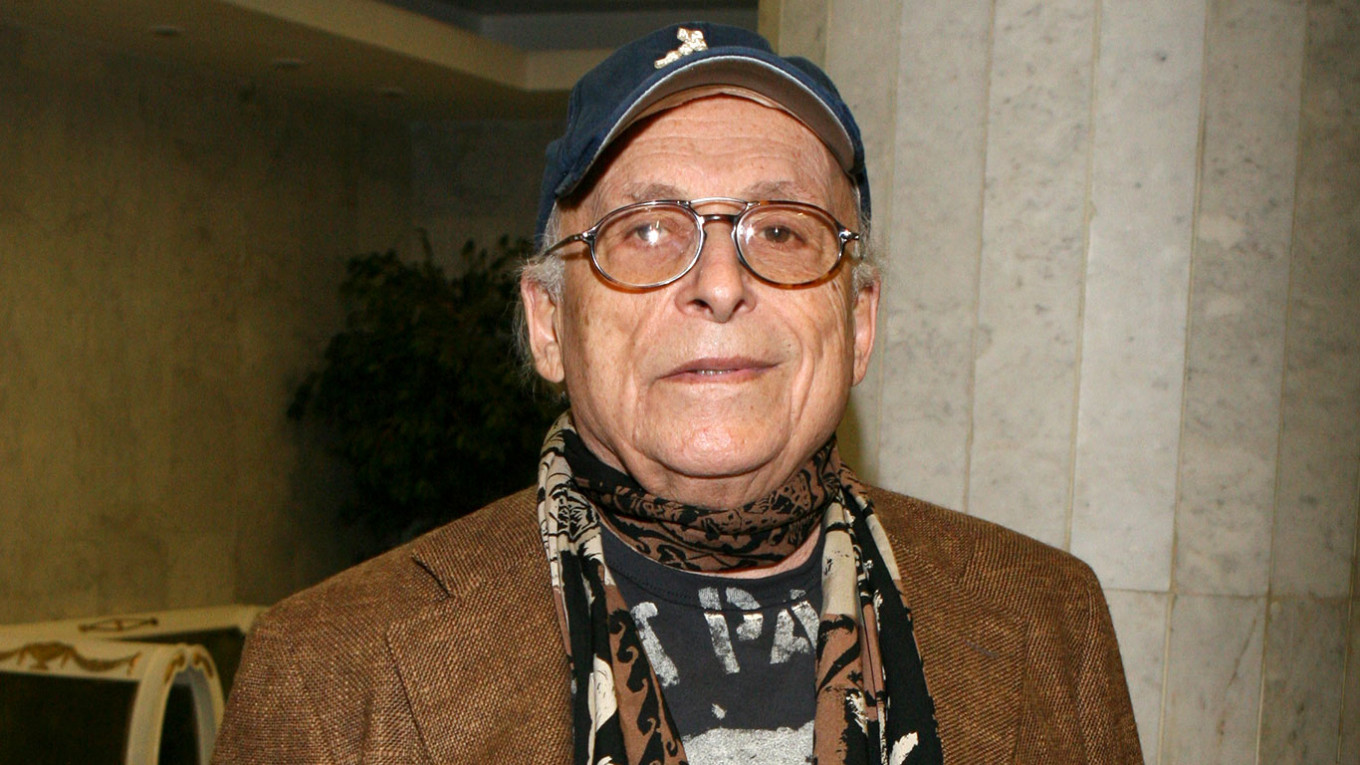
The writer, poet, and playwright Yuz Aleshkovsky died March 21 at the age of 92 in Tampa, Florida.
Aleshkovsky, who full name was Iosif, grew up in Moscow until he and his family were evacuated to Siberia during WWII. When he came of age he served in the Soviet Navy, but was charged with a crime and imprisoned until 1953, after the death of Joseph Stalin.
Aleshkovsky wrote children’s book, short stories, novels, plays and lyrics to songs that he performed himself. His prose is a mix of fantasy and reality expressed in rich language and what was then utterly “unacceptable” obscenities. Much of his work was, needless to say, not publishable in the Soviet Union and only appeared in samizdat. Some of his songs were published in the almanac “Metropol” in 1979 — a collection of works by 23 authors, including members of the Union of Writers, who wished to publish prose and poetry without official vetting.
In that same year, Aleshkovsky left the Soviet Union and Weslyan University sponsored his visa to the U.S. as a visiting writer. He maintained ties with the university for many years.
His best-known novels are “Kangeroo,” “Nikolai Nikolaevich,” “The Hand, and “Little Prison Novel,” which won the Russian Prize in 2012. His most famous songs are “Comrade Stalin, You’re a Big Scholar” and “Cigarette Butt” — both considered classics of modern, unofficial folk songs.
Aleshkovsky was awarded many prizes for his work, including the German Pushkin Prize for “works written by the author since the 1950s which have made him one of the greatest figures in 20th century Russian literature.” The award was given in 2001.
Aleshkovsky leaves a large and illustrious family, including his second wife Irina Aleshkovskaya, an adjunct professor of Russian literature at Weslyan; son Alexei, a television producer, correspondent and director; nephew Pyotr Aleshkovsky, a writer, journalist and archeologist; and grand-nephew Mitya Aleshkovsky, a journalist and photographer.





